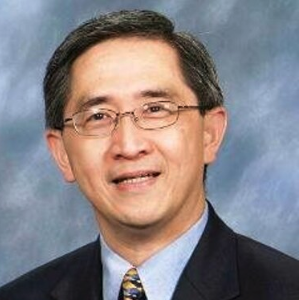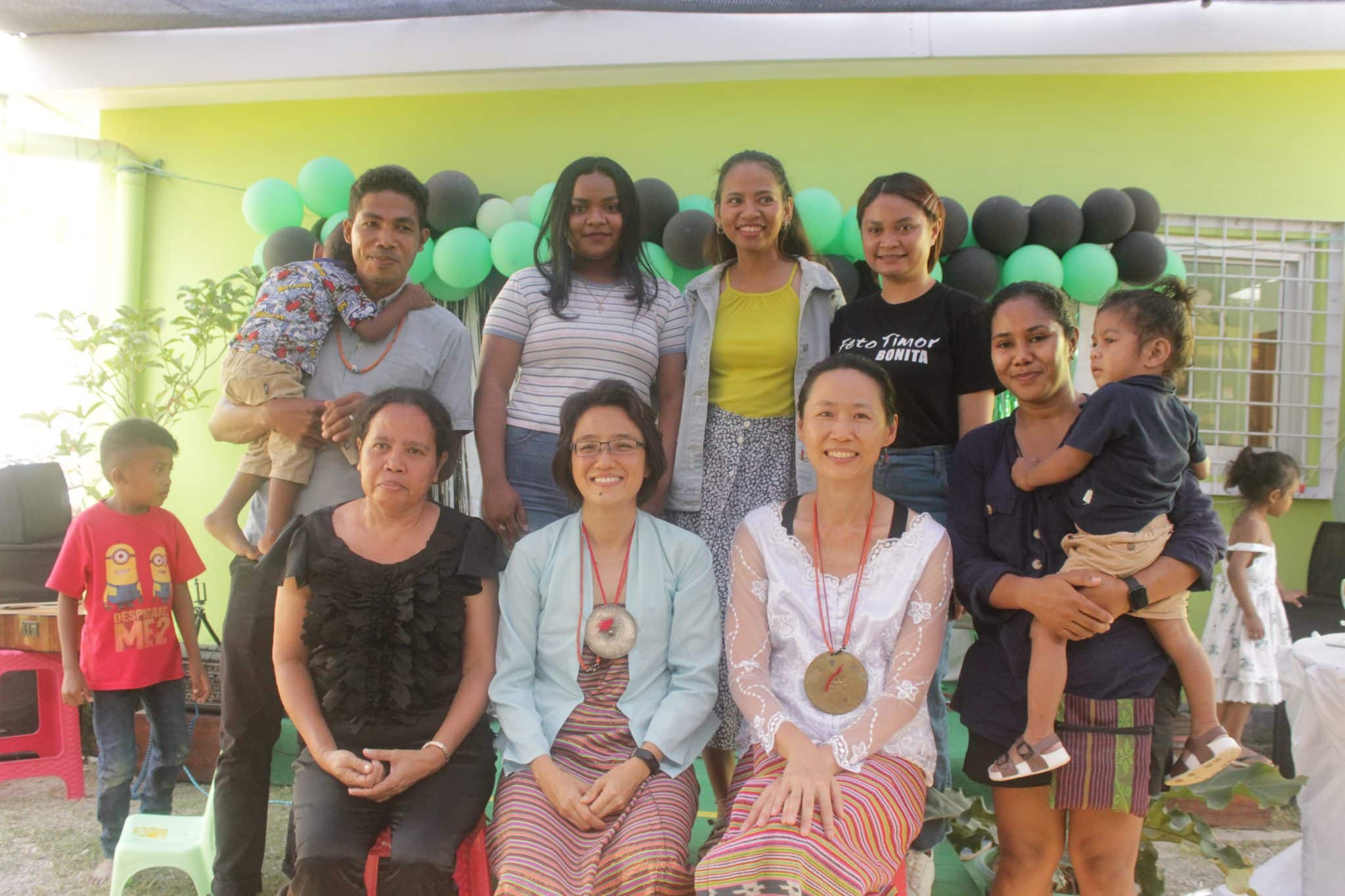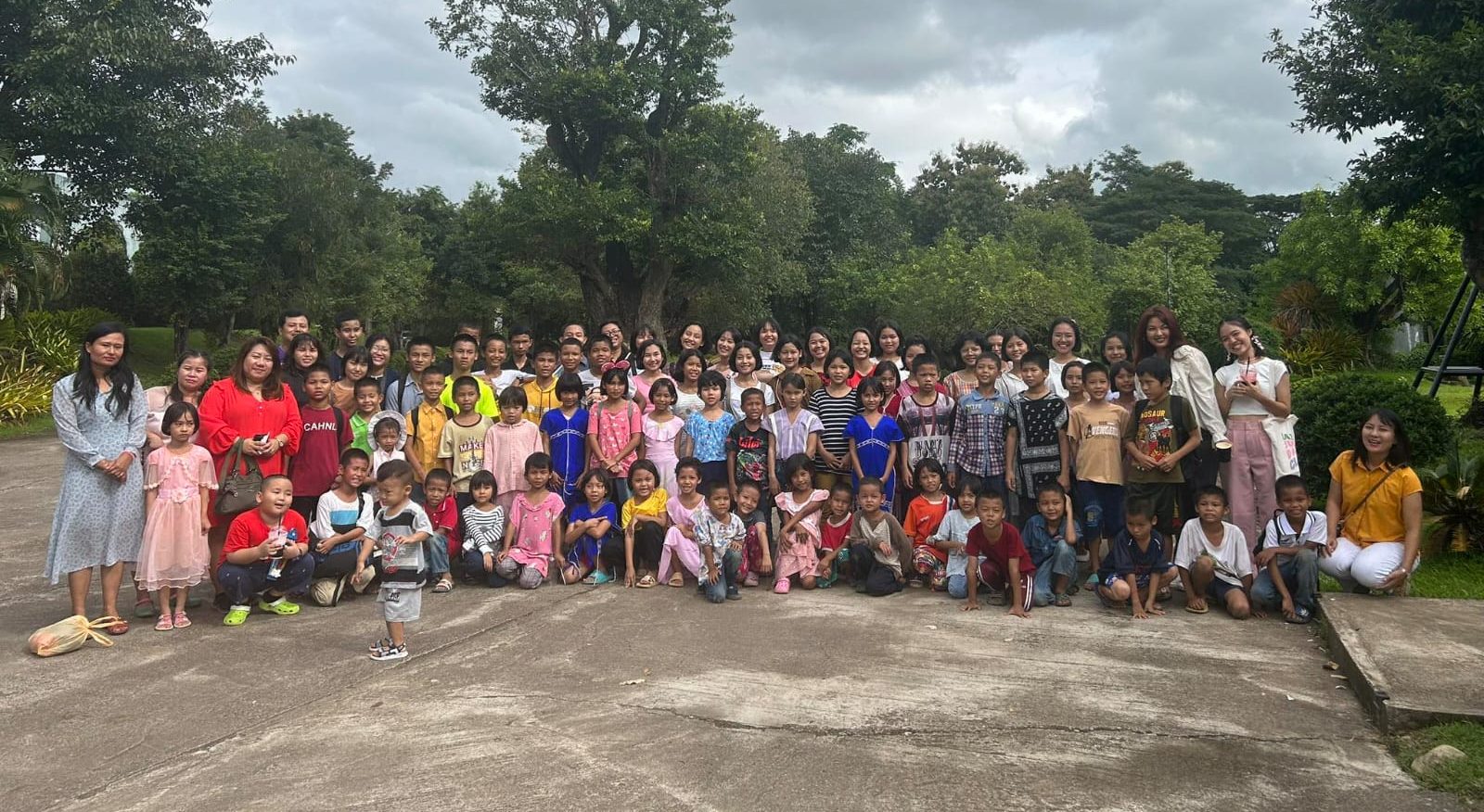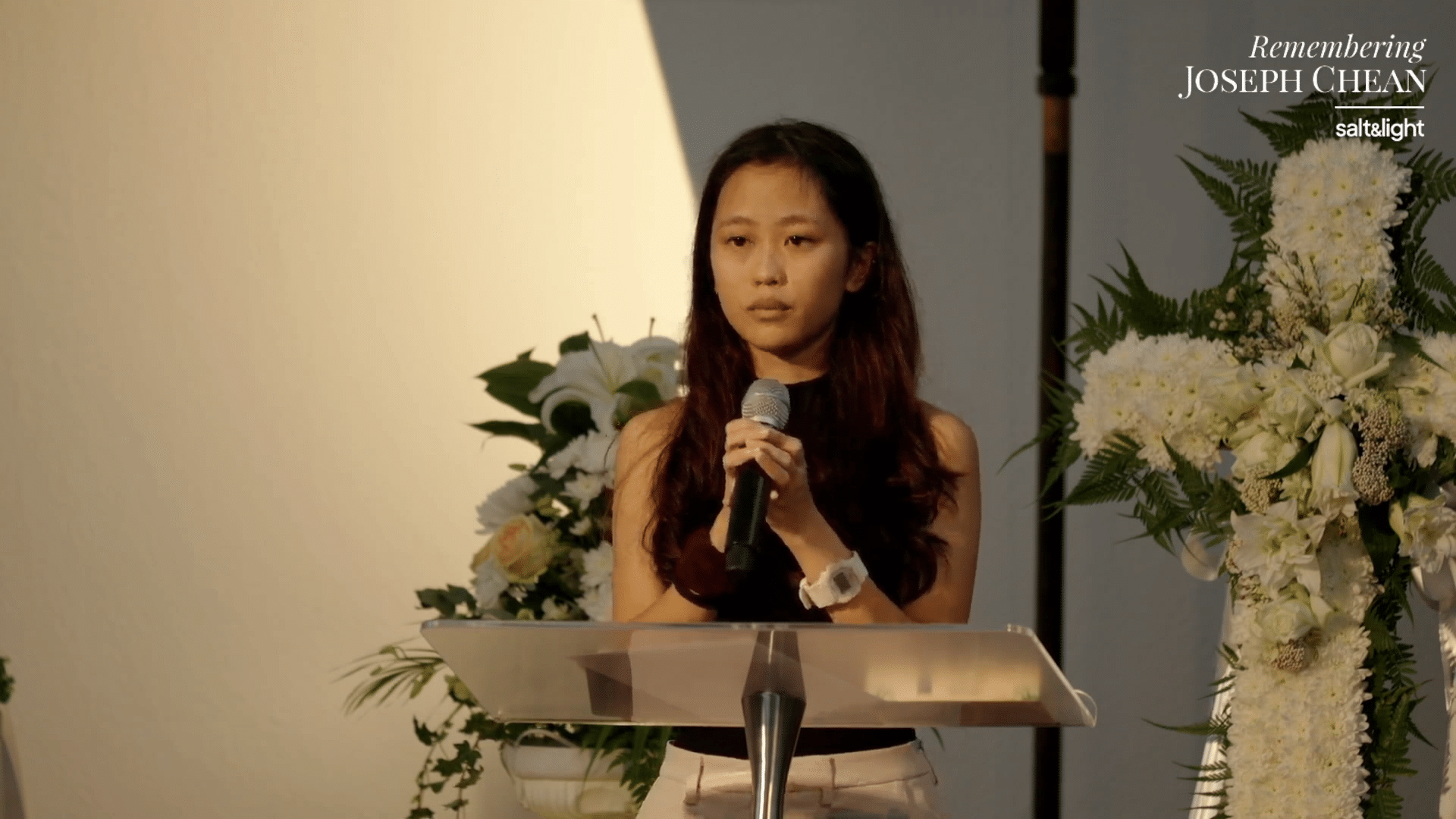John Sung: The man who moved Asia
August 18th is the death anniversary of one of the greatest evangelists of our time, John Sung. Salt&Light celebrates his legacy.
Lim Ka-Tong // August 15, 2018, 3:54 pm
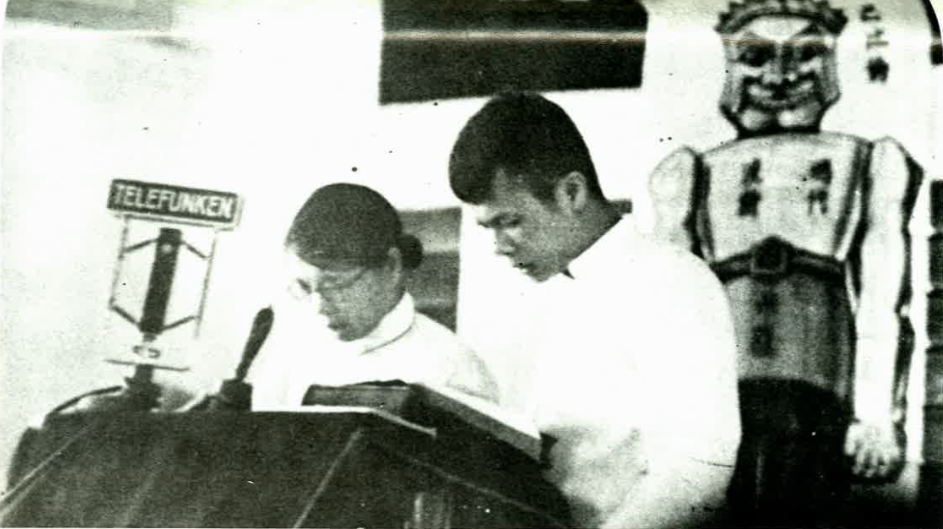
Dr John Sung preaching at Telok Ayer Methodist Church in Singapore, with Miss Leona Wu interpreting. Ms Wu went on to establish Chin Lien Bible Seminary in order to continue training converts in Singapore. Photo from John Sung My Teacher, by Timothy Tow.
John Sung was born in 1901 in Fujian province, China.
He left for America in 1920 and earned his undergraduate, graduate and postgraduate degrees in five and a half years before returning to China in 1927, determined to be a preacher.
Within 12 years of active ministry (1928-1939), he became an evangelist-revivalist who “shook the church in China and Southeast Asia”.
Sung is variously remembered as the “Wesley of China”, “the apostle of China” and “probably the greatest preacher of this century”.
Who was John Sung?
Sung obtained his PhD in chemistry from an American university and had a conversion experience at Union Seminary in 1927.
On his return trip to China, he was so determined to give up everything to preach the Gospel that he tossed his scholarly awards into the Pacific Ocean.
From 1928 to 1939, he travelled to most of China, as well as to the Philippines, Taiwan, Hong Kong, Singapore, Malaya and Sarawak (now Malaysia), Thailand, Burma (Myanmar), Indonesia, and Vietnam.
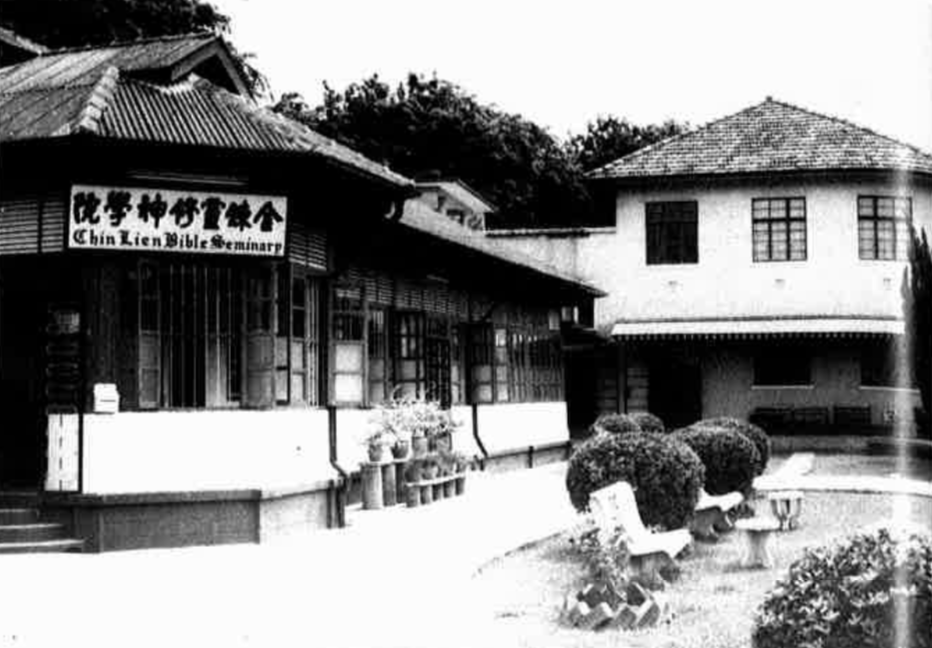
Chin Lien Bible Seminary, John Sung’s home and field headquarters in Singapore. Photo: John Sung My Teacher, by Timothy Tow.
At the height of Sung’s ministry, his preaching drew thousands three times a day, each session lasting two to three hours. He led numerous Bible study retreats that lasted 10 days to a month.
In 1936, he preached through the whole Bible in one month to 2,000 people.
In 1936, he preached through the whole Bible in one month to 2,000 participants from all over China and Southeast Asia.
His fearless attacks on sin were unmatched. Even Chinese leaders and Western missionaries were not spared.
Although John Sung was gifted in many ways, he only lived until age 42. On August 18, 1944, John Sung died outside Beijing due to illness. He was survived by his wife and three daughters.
Impact in China and Southeast Asia
It was reported that more than 100,000 Chinese were converted to evangelical Christianity through Sung’s ministry. Since Chinese Christians in 1949 numbered less than a million, John Sung’s converts were a tenth of the total Christian population in China by the time of his death in 1944.
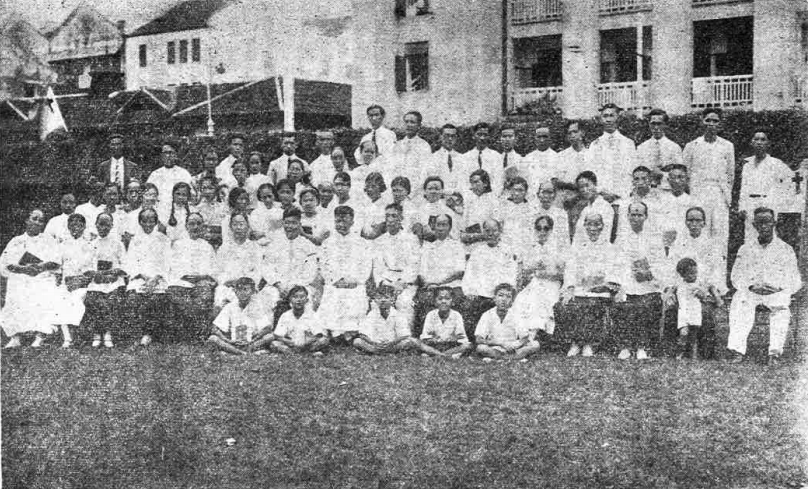
John Sung on his first visit to Singapore in August 1935. He preached 40 messages over two weeks at Telok Ayer Methodist Church.
A number of Christian leaders also came out of Sung’s direct or indirect ministry, contributing to the growth of evangelical Christianity in many Asian countries.
John Sung’s ministry touched the felt needs of Chinese Christians at a critical time.
These leaders braved the Japanese Occupation and fought for the church in China under the Communist regime. This was attested by Western missionaries and Christian leaders familiar with Sung’s ministry.
First-hand oral and written accounts of key Chinese leaders such as Thomas Wang, Philip Teng, Bobby Sng, Timothy Tow, Andrew Gih, and Moses Yu similarly espoused this sentiment. (*Editor’s note: These men who were impacted by his teachings went on to become important leaders in the Chinese church in Singapore, China and the West.)
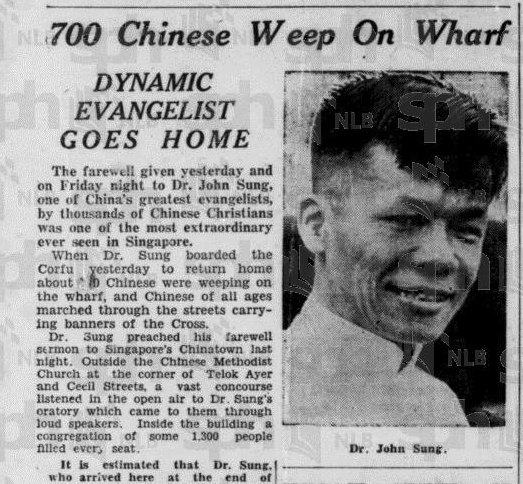
John Sung’s death made the front page of The Straits Times, October 27, 1944. Photo: National Library Board digital archives.
John Sung’s ministry touched the felt needs of Chinese Christians at a critical time.
Although Sung’s theology and methodology were eschewed by “elite” theologians of his time, his approach to the Bible touched the spiritual needs of ordinary people.
His emphasis on personal holiness, spiritual warfare, prayer and radical discipleship answered the deep yearnings of the Chinese people in the 1930s. It also made the Gospel relevant and real within the context of Chinese religiosity at a time of sweeping changes in the socio-political landscape.
This is an excerpt from The Life and Ministry of John Sung, by Dr Lim Ka-Tong, Armour Publishing, and is republished with permission. A biography of John Sung, the book looks at the impact and extent that Sung’s short but vibrant ministry had on Asia. The book can be purchased here.
John Sung's visits to Singapore
1935: John Sung’s first visit to Singapore. He preached 40 sermons in two weeks at Telok Ayer Methodist Church.
1936: 10-day “spiritual-nurture meeting” in Singapore after his trip to Rangoon (Myanmar).
1938: At Zion Presbyterian Church, a 10-day convention was held after John Sung returned from his first trip to Thailand.
1939: John Sung visited Singapore twice that year on his final overseas trip to SouthEast Asia. He attended the first graduation ceremony of Chin Lien Bible School.
Rev Dr Timothy Tow, author of John Sung My Teacher, included his thoughts in the biography’s epilogue:
“As one who received a portion of his spirit in the days of Pentecostal power outpoured on Singapore, 1935-1939, and as a member of the first preaching bands, I would like to point out one aspect of Dr Sung’s ministry that brought such mighty success.
“Sung was a man with a mission. He was a man doing something not only under mandate from a Higher One, but also with an urgency to finish it.
“Well could China’s apostle say in the words of our Lord, ‘My meat is to do the will of him that sent me, and to finish his work.’ (John 4:32,34)
“This is my observation as I recall the urgent tones of the evangelist pleading with souls from the Telok Ayer Methodist Church pulpit in a fortnight-long campaign of 42 graduated, power-charged sermons lasting two to two-and-a-half hours each.
“This is my observation as I remember his parting words, evidently in the words of Hezekiah (Isaiah 38:5), ‘The Lord has given me only 15 years to finish my work, so I can afford no let-up in this revival ministry to turn all China and Southeast Asia to Christ.'”
We are an independent, non-profit organisation that relies on the generosity of our readers, such as yourself, to continue serving the kingdom. Every dollar donated goes directly back into our editorial coverage.
Would you consider partnering with us in our kingdom work by supporting us financially, either as a one-off donation, or a recurring pledge?
Support Salt&Light